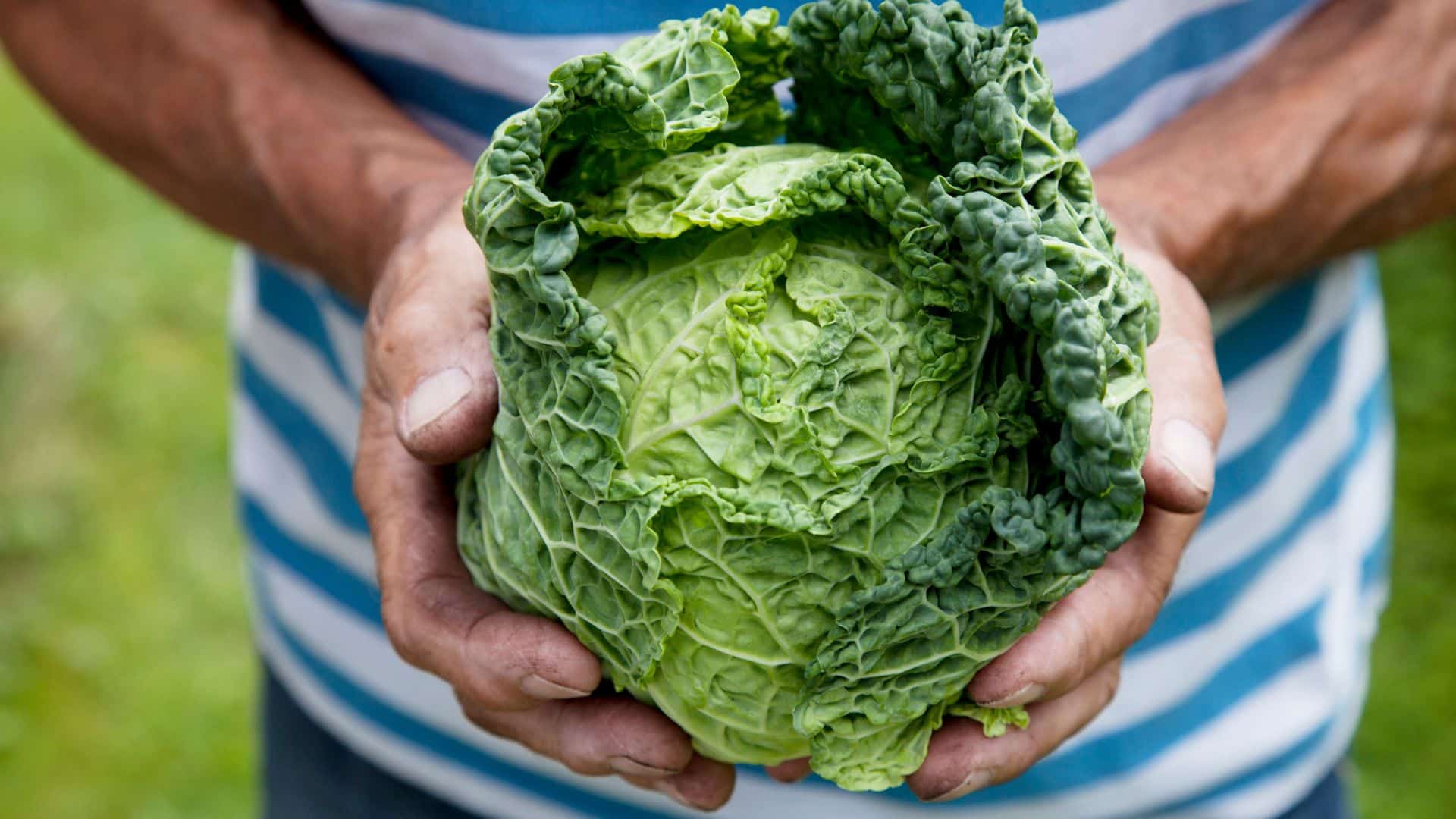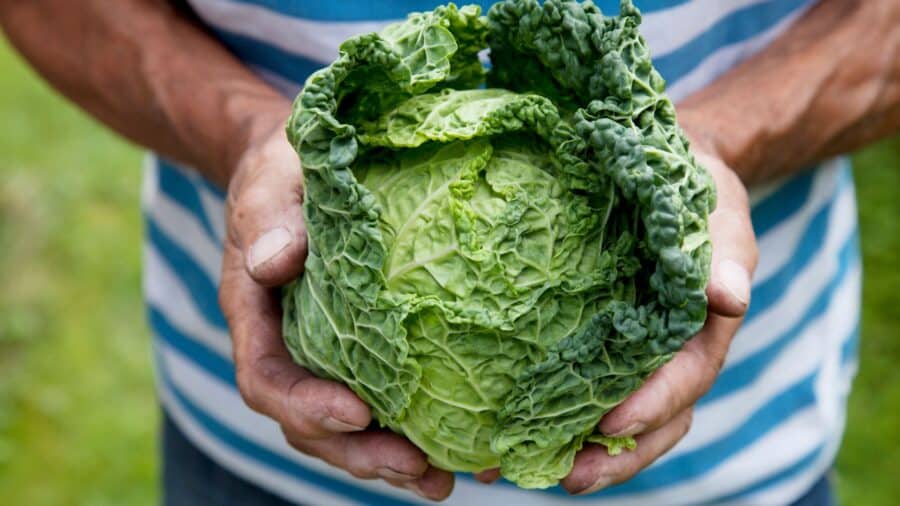
Farmers across the Baltics are facing one of the toughest agricultural seasons in recent memory. Heavy rains, flooding, and prolonged wet conditions have destroyed crops, slashed yields, and left many producers fearing for their livelihoods.
Governments and industry leaders are now sounding the alarm as food prices are expected to climb and the long-term stability of the farming sector hangs in the balance.
Latvia’s Cabbage Crisis
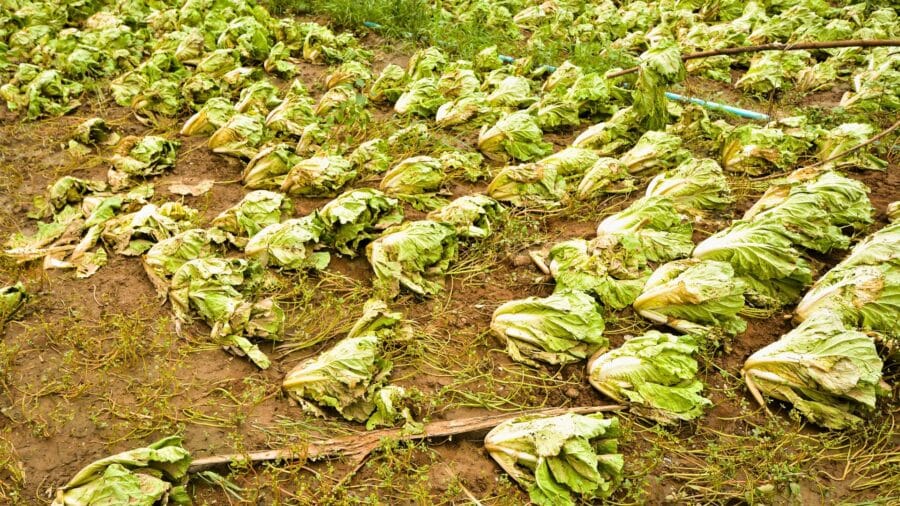
Latvia’s cabbage harvest, a staple crop in the country, has been cut in half due to flooding and extreme weather, with prices forecasted to rise significantly in the coming months. Farmers say the quality of surviving produce has also been affected, threatening supply for both domestic consumers and regional markets.
Estonia’s Rain-Soaked Fields
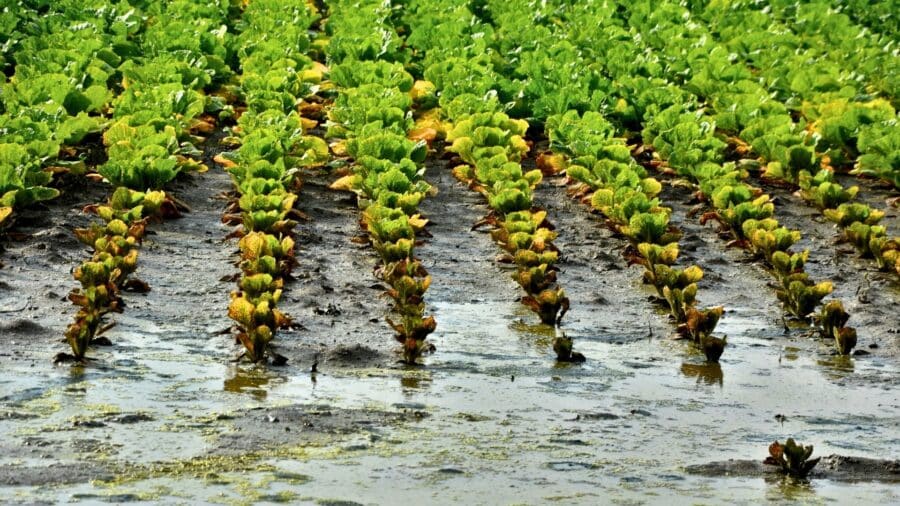
Farmers in southeast Estonia are also reporting major setbacks after an unusually rainy summer. Many fields remain waterlogged, making harvesting nearly impossible and destroying yields for key crops. For small farms already struggling with high costs, this season’s losses could be devastating.
Latvia Declares Agricultural Emergency
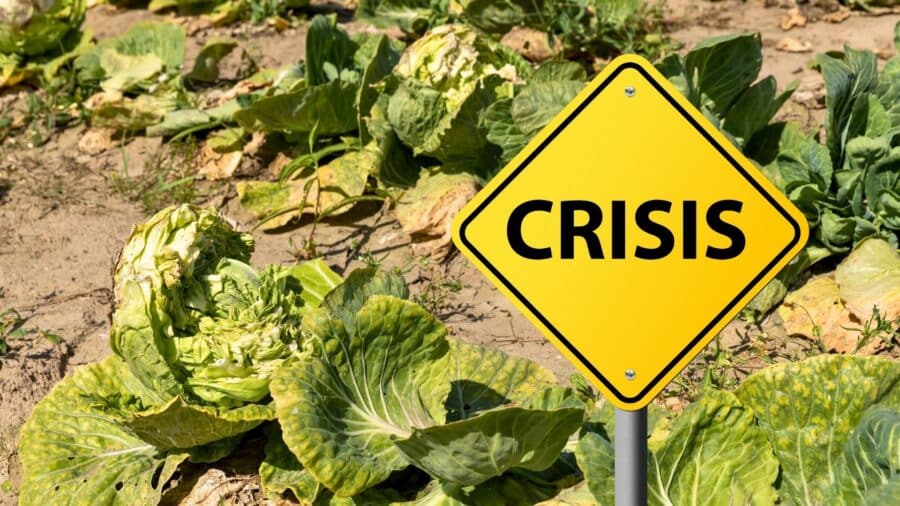
In response, Latvia has declared a three-month state of emergency in the agriculture sector, acknowledging the widespread crop damage caused by floods. The Ministry of Agriculture has formally asked the government for aid measures, while industry representatives warn that without support, many farmers won’t survive the season.
Food Producers Sound the Alarm
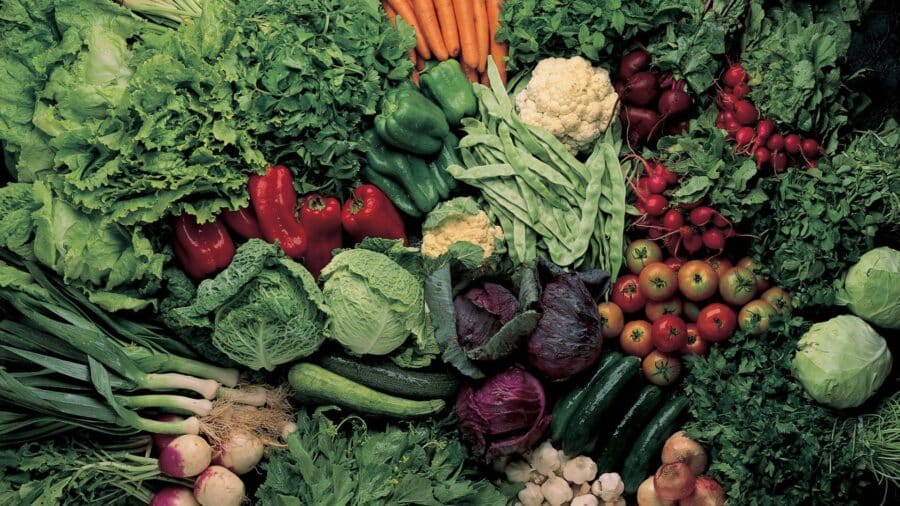
Food producers in Latvia have raised concerns about the poor quality of this year’s harvests, particularly vegetables. The impacts could ripple through the food supply chain, increasing costs for processors, retailers, and ultimately consumers.
Calls for Government Support
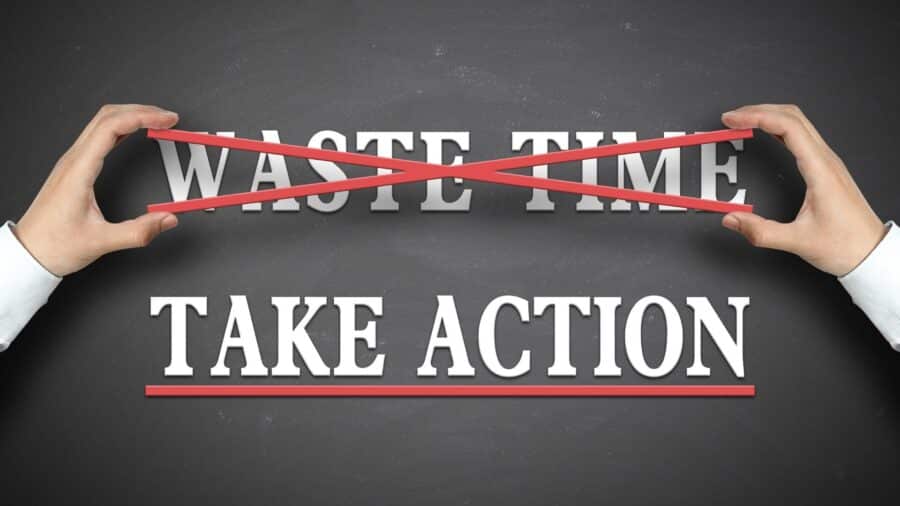
President Edgars Rinkēvičs has urged that farmers should be “met halfway” rather than burdened with excessive checks and bureaucracy during such a crisis (Baltic Times). Agricultural groups are now pressing for subsidies, debt relief, and simplified aid processes to help farmers weather the storm.
One of the Toughest Seasons in Years
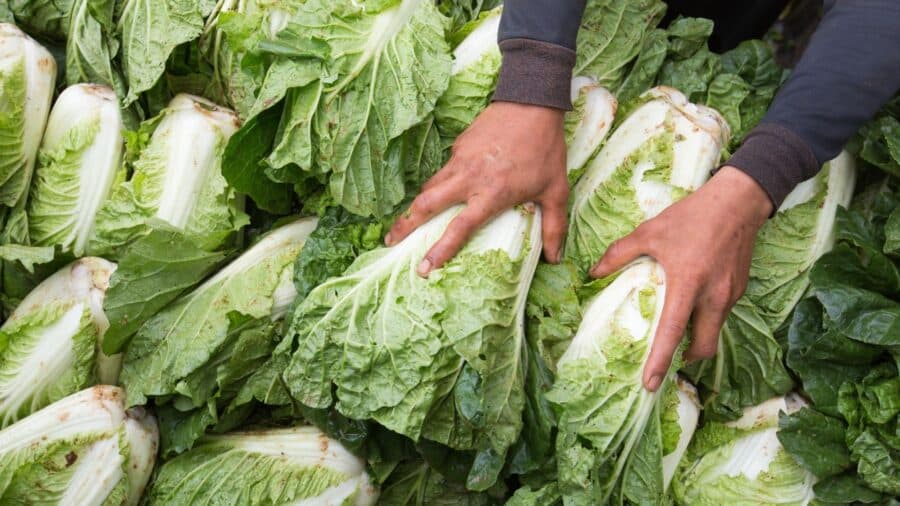
Experts are describing 2025 as one of Latvia’s hardest agricultural years in decades. Between floods, destroyed crops, and disrupted harvests, the season highlights how increasingly unpredictable weather patterns are reshaping farming in Northern Europe.
What It Means for Consumers
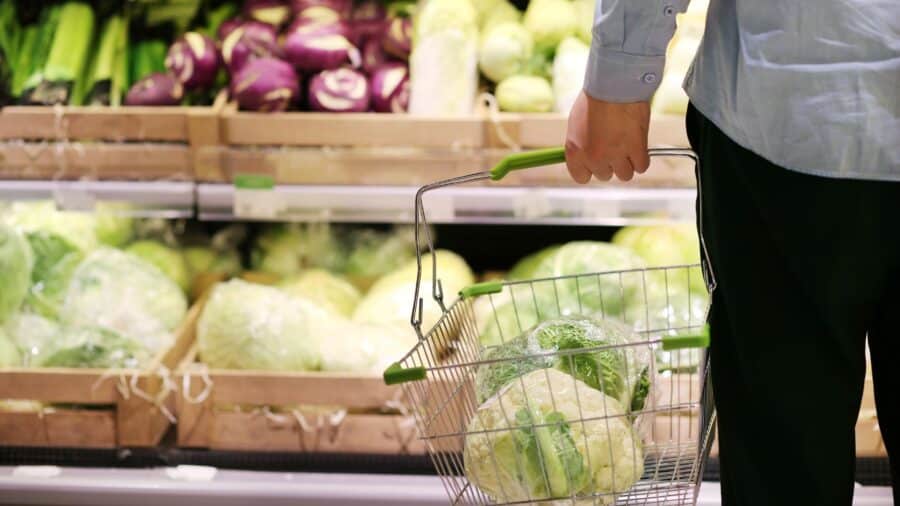
For everyday shoppers, the immediate impact will likely be higher prices for fresh produce, especially staples like cabbage. Inflationary pressures from crop shortages could further strain households already grappling with rising costs of living. Food security experts warn that prolonged agricultural crises may also increase reliance on imports, reducing local food resilience.
The Bigger Picture: Climate Challenges Ahead

The devastation in Latvia and Estonia underscores the growing challenge of climate change on global agriculture. Farmers say they can no longer rely on “normal” seasons and must adapt to increasingly volatile weather. But adaptation requires investment, policy support, and, above all, recognition that farming communities are on the frontlines of climate instability.
A Call for Balance
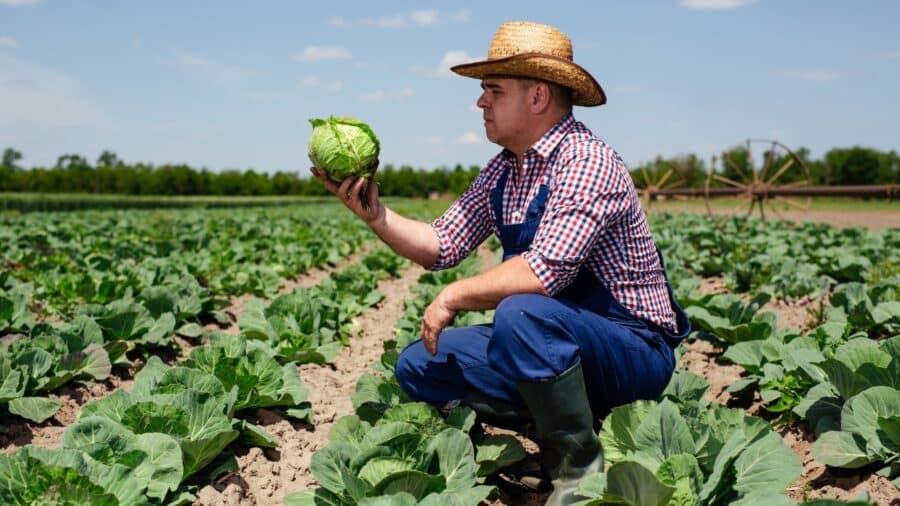
The crisis in the Baltics is a reminder that agriculture is both fragile and fundamental. While governments must protect food supply chains, they also need to prioritize the farmers who make those chains possible. Severe weather may be beyond control, but how nations respond will determine whether farming communities can endure.
